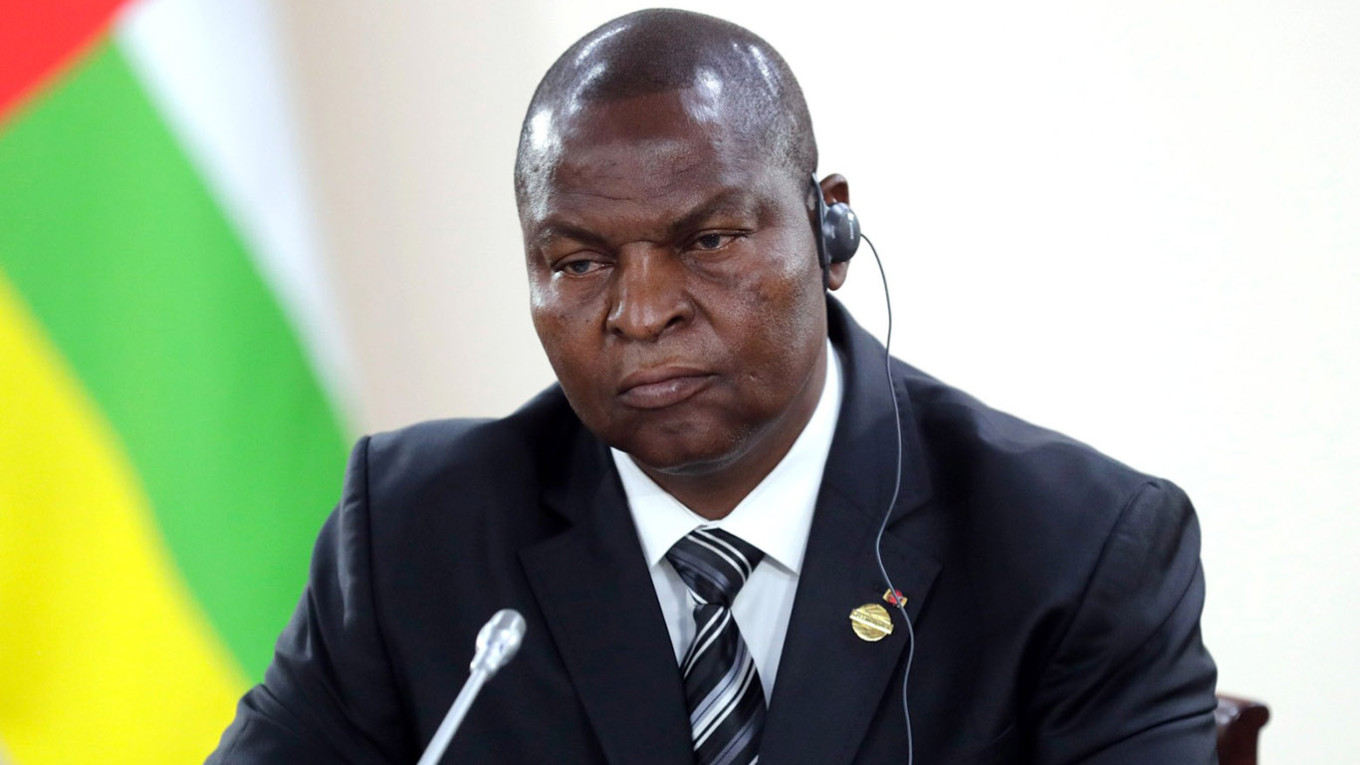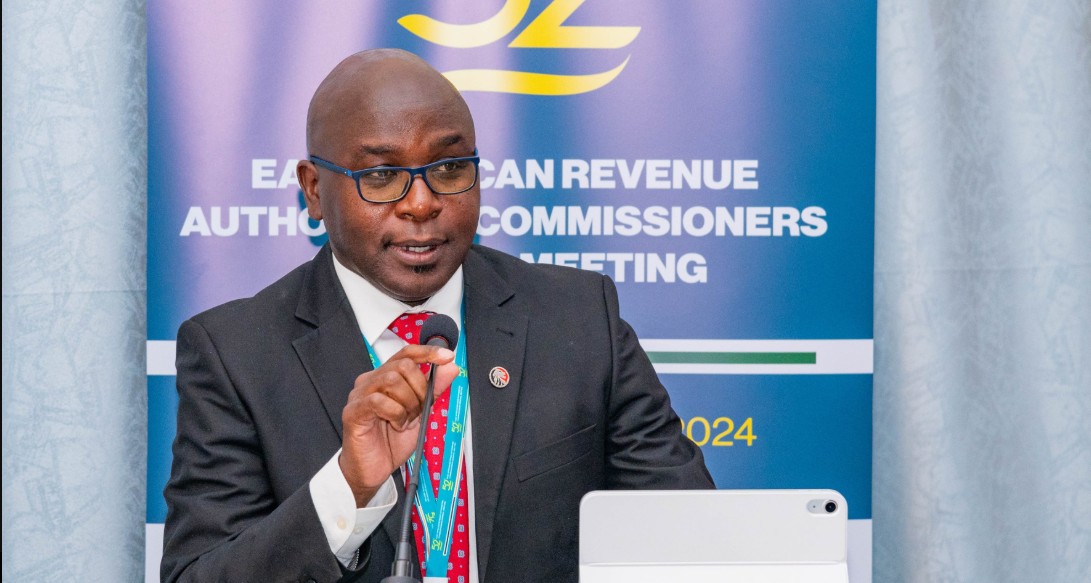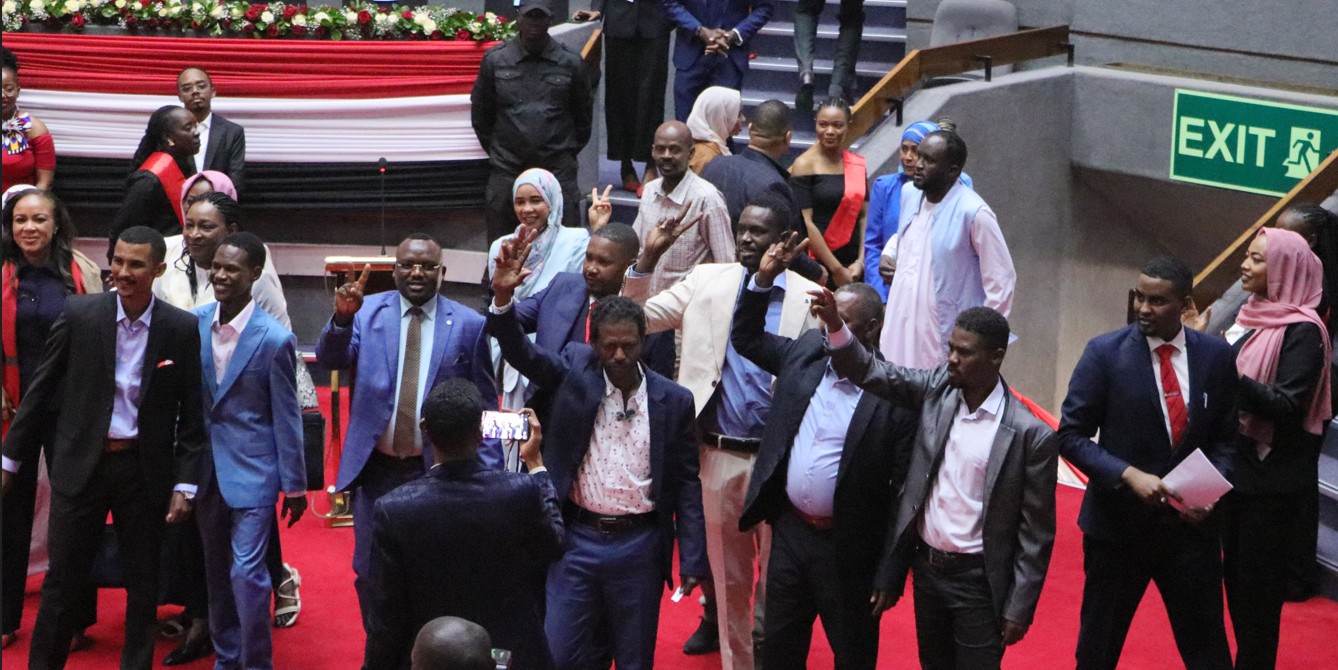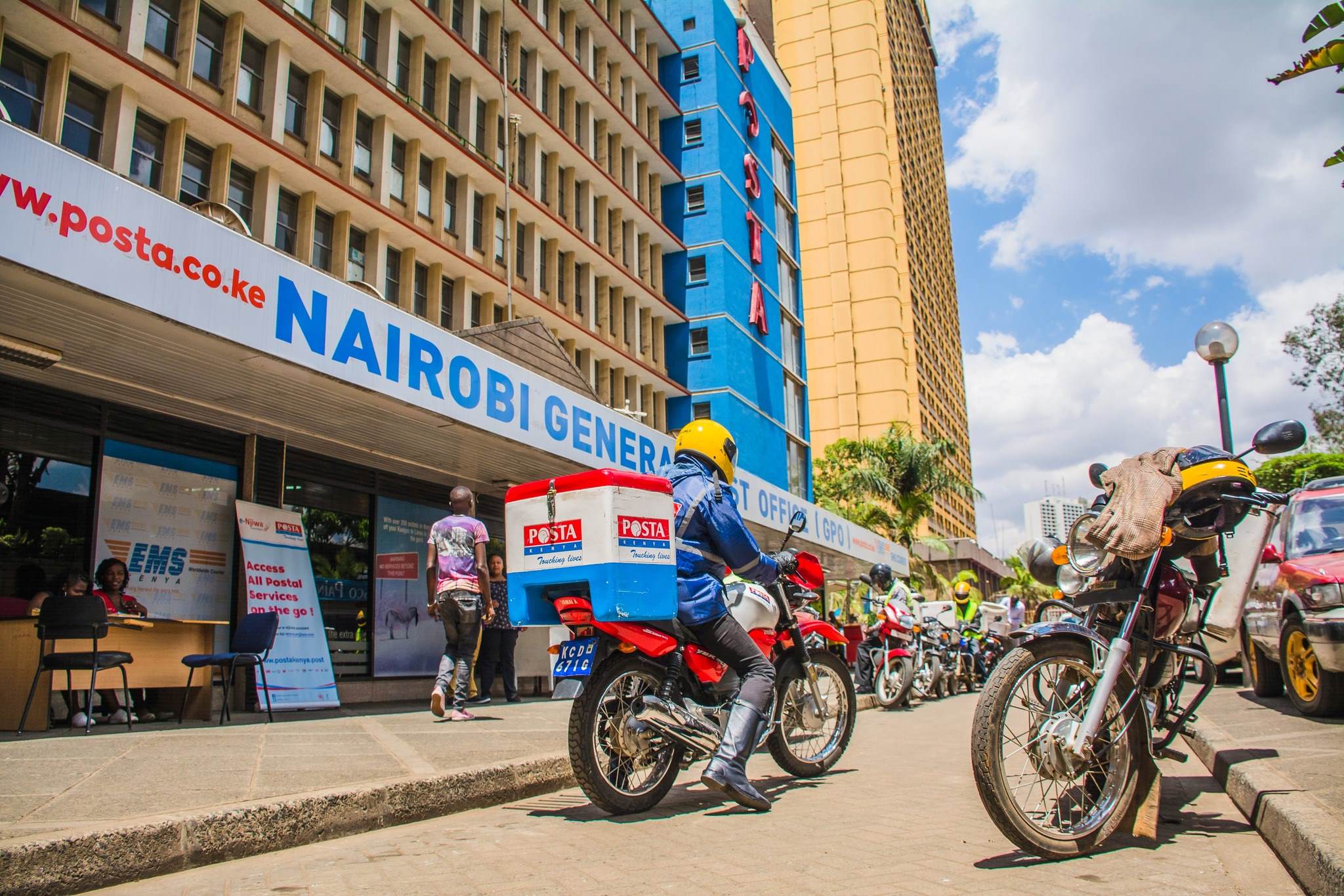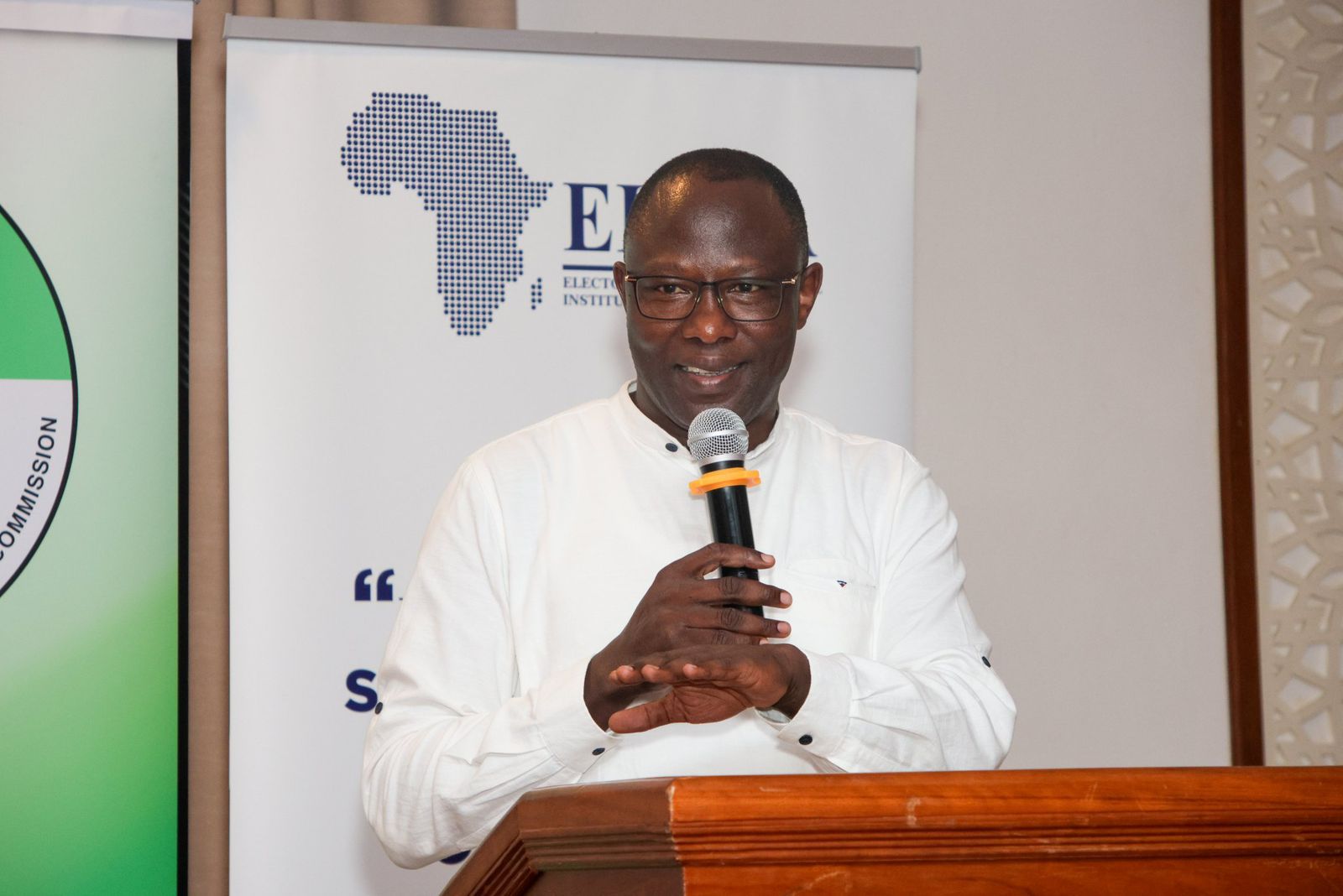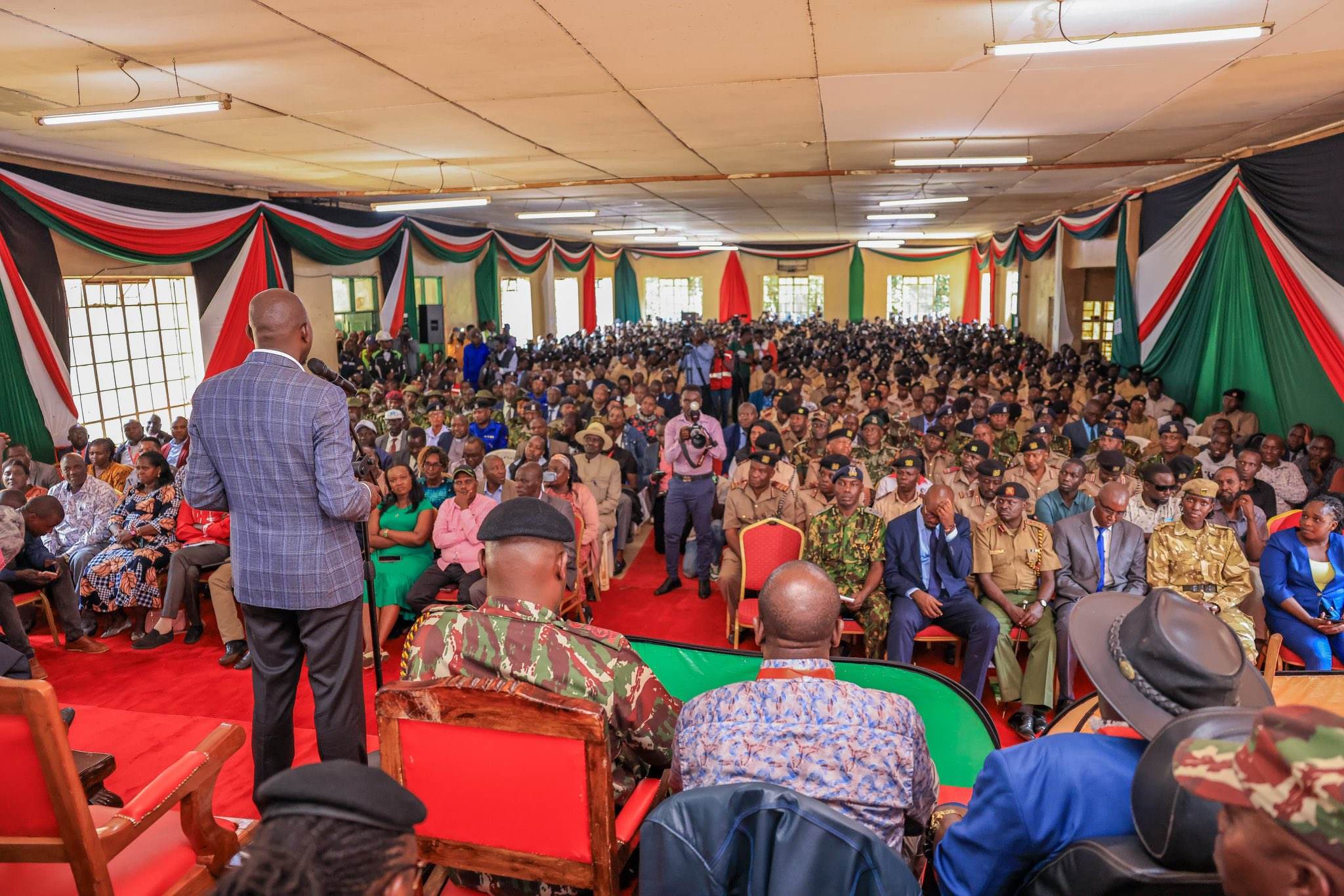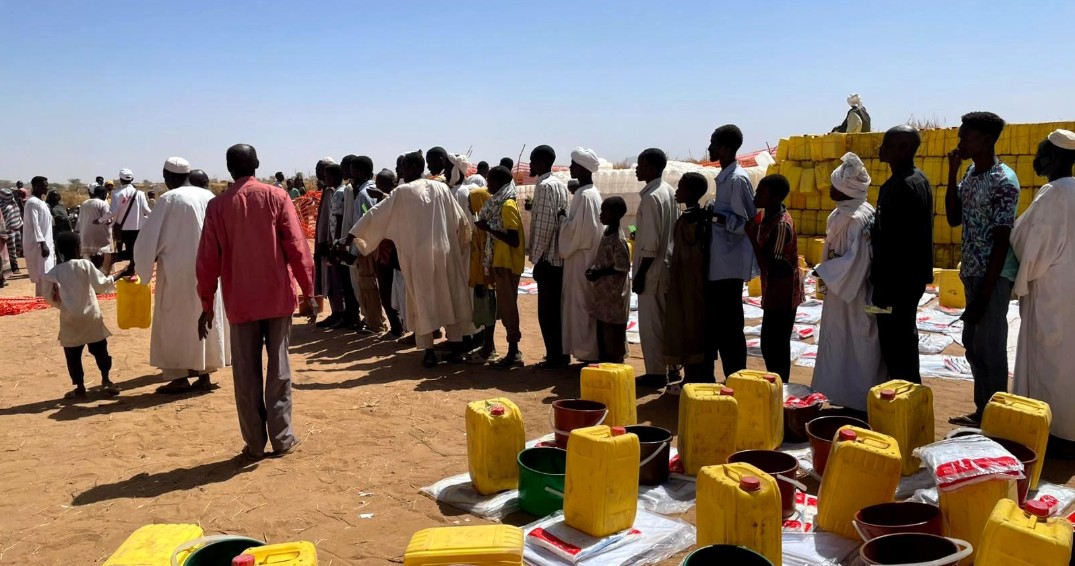Water shortage hits Eastleigh despite heavy rain

Several buildings in the highly populated business hub have been affected, including the Red Sea on Twelfth Street.
Despite the ongoing heavy rains in Nairobi, parts of Eastleigh are facing a severe water shortage, which has left residents in distress.
Several buildings in the highly populated business hub have been affected, including the Red Sea on Twelfth Street and Sabtra in California Ward.
More To Read
- Nairobi County to clamp properties, evict rent defaulters from Monday
- Sh96.95 million spent on boreholes that failed to produce water, audit shows
- Illegal water users in Nairobi given until April 30 to regularise their supply
- World Water Day: Families' daily struggle for clean water as waterborne diseases surge
- Trapped by rains: Nairobi’s flood victims face another season of uncertainty
- ODM moves to quell tension in party, denies endorsing Sakaja's reelection bid
Residents like Fatuma Ali from Sabtra are perplexed by the lack of water as it rains and some have pointed out that the city could harvest rainwater to meet a rising demand.
"We have not been getting water for the last few days. It has been a problem since the rain started," Fatuma told The Eastleigh Voice.
Some landlords think major pipes that supply water to Eastleigh may be clogged.
"We didn't get water these last few days. Tenants are getting concerned," said Damaris Kyalo, a property caretaker.
However, while the shortage spells hardship for residents, it presents a lucrative business opportunity for water vendors.
With a 20-litre jerrycan fetching Sh50, vendors like Paul Osore, who uses a cart to sell water on California's Waudo Street, are turning a profit.
"When the taps go dry, we make money. Otherwise, this business is not easy," he said.
Water bowser owners are also capitalising on the crisis, charging around Sh7,000 to deliver 1,000 litres of the vital commodity.
The severity of Nairobi's water crisis is felt in informal settlements and affluent residential areas alike.
The demand has grown to more than 810,000 cubic metres daily against a supply of 525,600 cubic metres, a huge deficit that has resulted in water rationing.
Nairobi has four sources of water: the Kikuyu Springs and the Ruiru, Sasumua and Thika dams. The water is treated at the Ngethu, Sasumua, Kabete and Kikuyu treatment works.
The four have a maximum daily production capacity of 440 million, 61 million, 20 million and 4 million litres, respectively.
Nairobi Governor Johnson Sakaja, during his latest State of the County address earlier in April, said his administration was working to reduce the water demand and supply gap.
He did not specify the strategies but in November last year, he announced that the city would be getting about $100 million from the Korean government, for use in constructing the second Northern Collector Tunnel.
Top Stories Today
